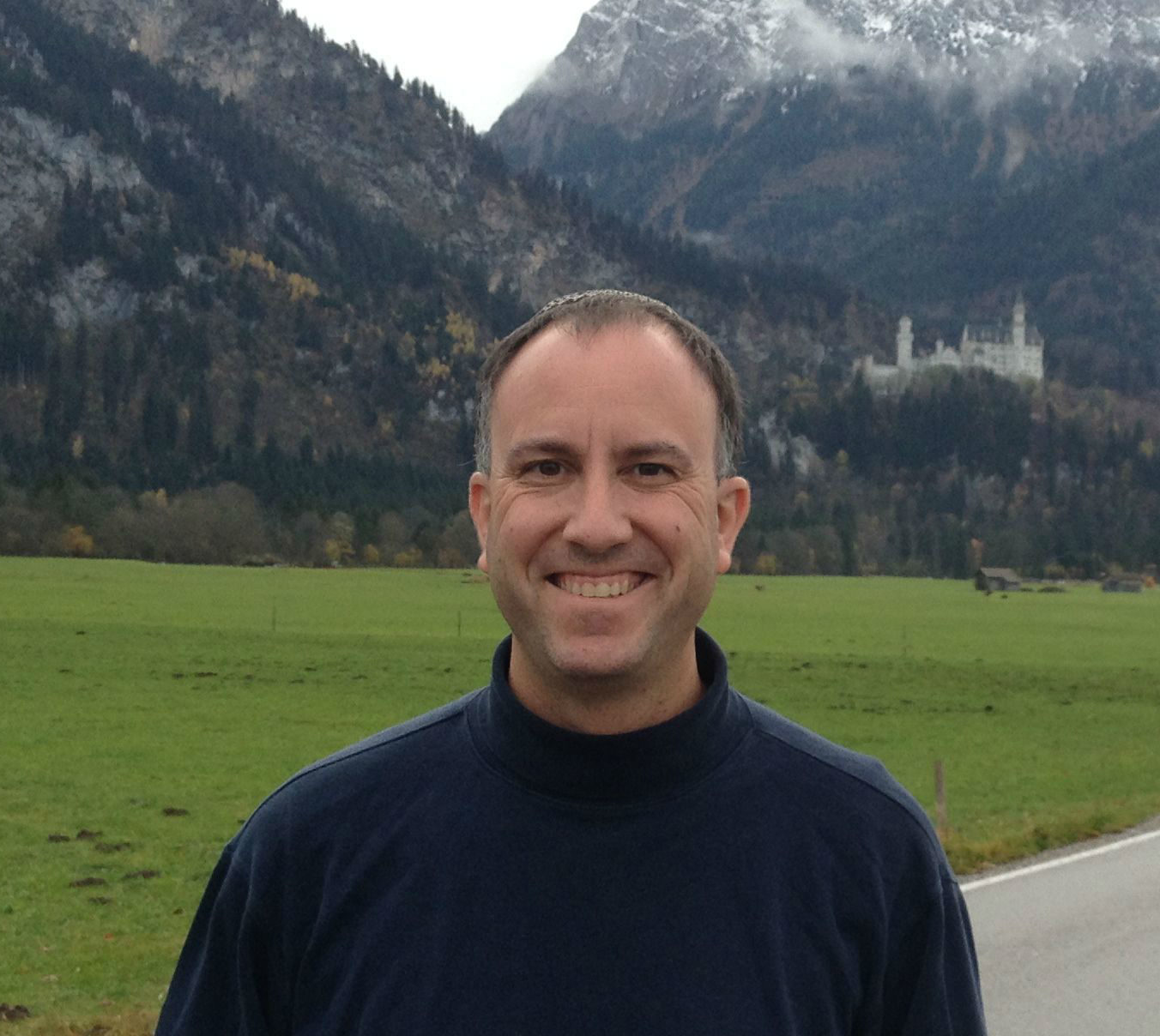“Maybe it’s time to move the museum displays to the side,” she said, “and get back to work.”
That’s what one of my students said, and I couldn’t have been prouder.
Recently, I had the privilege of journeying with members of our staff and teens from our congregation on a service/learning trip to New Orleans and Mississippi. It was meant to be a transformative Jewish experience for them, and I am convinced it was. What I didn’t expect was that it would be transformative for me.
This is a season of counting the omer, the days of our journey from our festival of freedom at Passover to the time when we received the Torah at Mount Sinai on Shavuot. There are 50 days in all; this Shabbat marks the 43rd day. And since these holidays are also connected with the agricultural cycle, the counting of the omer is a time of trepidation—these days of spring will determine whether we have an abundant harvest or not. Will the hard work of planting and tending come to fruition, or will it be wiped away by drought or pests? It is a time of both fear and anticipation.
On our group’s journey, we planted bulrushes in the bayous outside New Orleans to help prevent soil erosion. (How amazing to do that during Passover, thinking about baby Moses hidden among the bulrushes in the Nile!) We worked on a Habitat for Humanity build, where we had the privilege of working alongside the future owner of the home.
As our trip continued up the Mississippi Delta, we encountered other counting. It had been exactly 150 years since the formal end of the civil war and 50 years since the march over that narrow bridge in Selma. It is a season of great celebration—for all the work that has been done to make this a more just society, a more perfect union. There has been reunion after reunion to honor those who gave their blood, sweat, tears—even their lives—to move us closer to the promised land.
Along the way, we stood in the old headquarters of COFO in Jackson, Mississippi. COFO was the Council of Federated Organizations—a coalition of the major civil rights organizations operating in Mississippi in the early 1960’s. I personally had never heard of COFO, and the more I learned, the more I was amazed, inspired, agitated. Here was a place that brought together the NAACP, the Congress of Racial Equality (CORE), the Southern Christian Leadership Council (SCLC), and the Student Nonviolent Coordinating Committee (SNCC) to coordinate voter registration and other civil rights activities.
It was incredible to stand in this space with a bunch of 17 and 18 year olds, hearing about how a group of (in no small part) 17 and 18 year olds—many Jews among them—worked 50 years ago in relative anonymity to make the world a better place. COFO brought together rivals and people with competing philosophies about how to bring true civil rights to fruition.
Now, the offices of COFO are a beautiful museum dedicated to the organizations that had the courage to fight uphill battles and the wisdom to come together—despite their differences—and pull in the same direction.
And as we were standing in that truly sacred space, listening to inspiring stories of the work that was done there by ordinary people, one of our students said, “Maybe it’s time to move the museum displays to the side and get back to work.”
When we were enslaved in Egypt, the Torah says, the Egyptians made us serve them b’farech, with crushing labor (Exodus 1:13). This week’s Torah portion demands that, when we enter the promised land, we not rule over others b’farech (Leviticus 25:43).
As we count the years since the great movement in our own nation, we also wonder if the planting that was done in the civil rights era will come to fruition, if we will reap the harvest of our predecessors’ hard work. Americans are being crushed once again, with violence and economic and racial inequality. We have not yet achieved the magical, transcendent moment of Sinai.
We should celebrate the legacies of the past—the times when we glimpsed freedom.
But then, we need to get back to work. Our Torah commands it.
Rabbi Joel Mosbacher serves as Rabbi of Beth Haverim Shir Shalom in Mahwah, New Jersey, and is a national co-chair of the Do Not Stand Idly By campaign to reduce gun violence, a project of the Metro Industrial Areas Foundation.

